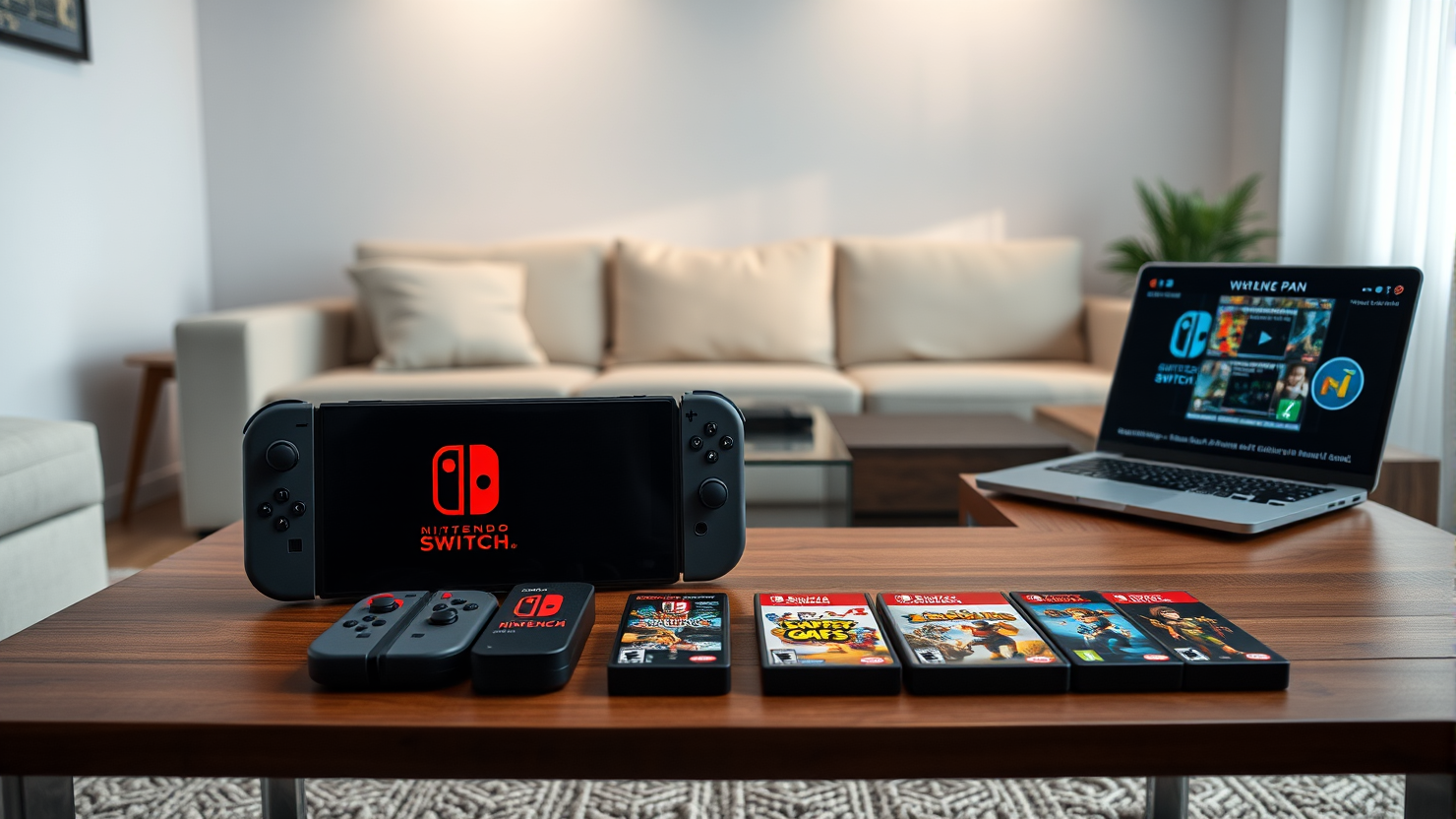Google Faced with Tentative Order to End Exclusive Deals and Share Data to Prevent Anticompetitive Behavior

A federal judge has provisionally ordered changes to Google’s business practices to prevent anticompetitive behavior, but the tech giant will not be forced to split its search business.
On Tuesday, U.S. District Court Judge Amit P. Mehta outlined remedies that would prohibit Google from entering into or maintaining exclusive deals that tie the distribution of Search, Chrome, Google Assistant, or Gemini with other apps or revenue arrangements. For instance, Google would no longer be allowed to condition Play Store licensing on the distribution of specific apps or tie revenue-share payments to keeping certain apps.
The judge’s orders also require Google to share certain search index and user-interaction data with “qualified competitors” to prevent exclusionary practices, and it must offer search and search ad syndication services to competitors at standard rates so they can deliver high-quality results while developing their own technology.
While Mehta has yet to issue a final judgment, he has ordered Google and the Department of Justice to negotiate and submit a revised final judgment by September 10 that aligns with his opinion.
Last year, Mehta ruled that Google had acted illegally to maintain a monopoly in online search. A technical committee will be established to help enforce the final judgment, which will last six years and come into effect 60 days after entry.
The Department of Justice, which filed an antitrust suit against Google in 2020, had advocated for stronger penalties. It wanted Google to divest its Chrome browser and possibly Android, leading to some unsolicited acquisition offers, and end its agreements with Apple, Samsung, and other partners where the tech giant paid billions to make its search engine the default choice on their devices and web browsers.
The DOJ also called for Judge Mehta to force Google to share its search index, user-side data, synthetic queries, and ads data with competitors under privacy-protected terms.
Google, which has held a roughly 90% market share in the traditional search market for the last decade, has argued that the government’s proposals could stifle innovation, jeopardize user privacy, and undermine its ability to invest in research and development. CEO Sundar Pichai stated during the remedies hearing in April that forced data-sharing would effectively amount to a “de facto divestiture” for Google Search.
Judge Mehta’s decision could impact the outcome of a separate antitrust trial involving Google’s advertising technology business. In April 2025, Judge Leonie Brinkema found that Google had illegally monopolized ad-tech markets. The remedies trial is scheduled for late September and will focus on the DOJ’s proposed divestitures and other measures.
“We’ve never had a circumstance in which the Department of Justice has had two largely parallel cases involving major elements of alleged misconduct against the same dominant firm with two parallel remedy processes going ahead,” William Kovacic, a global competition law professor at George Washington University and former Federal Trade Commission commissioner, told reporters.
Kovacic added that although Mehta has announced his much-anticipated remedies, “there are many acts to this play to go” in the form of Google’s appeal and potential escalation to the Supreme Court. “It won’t be over until late 2027 or early 2028,” he said.
This story is developing. Check back for updates.






